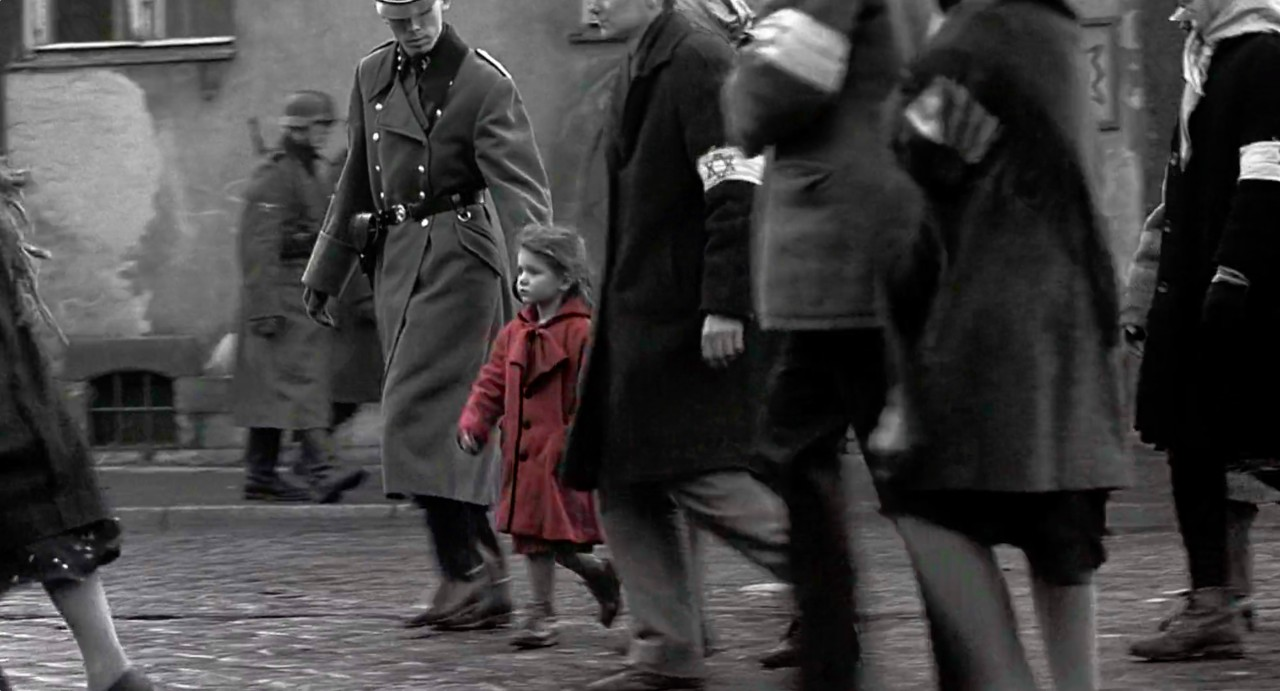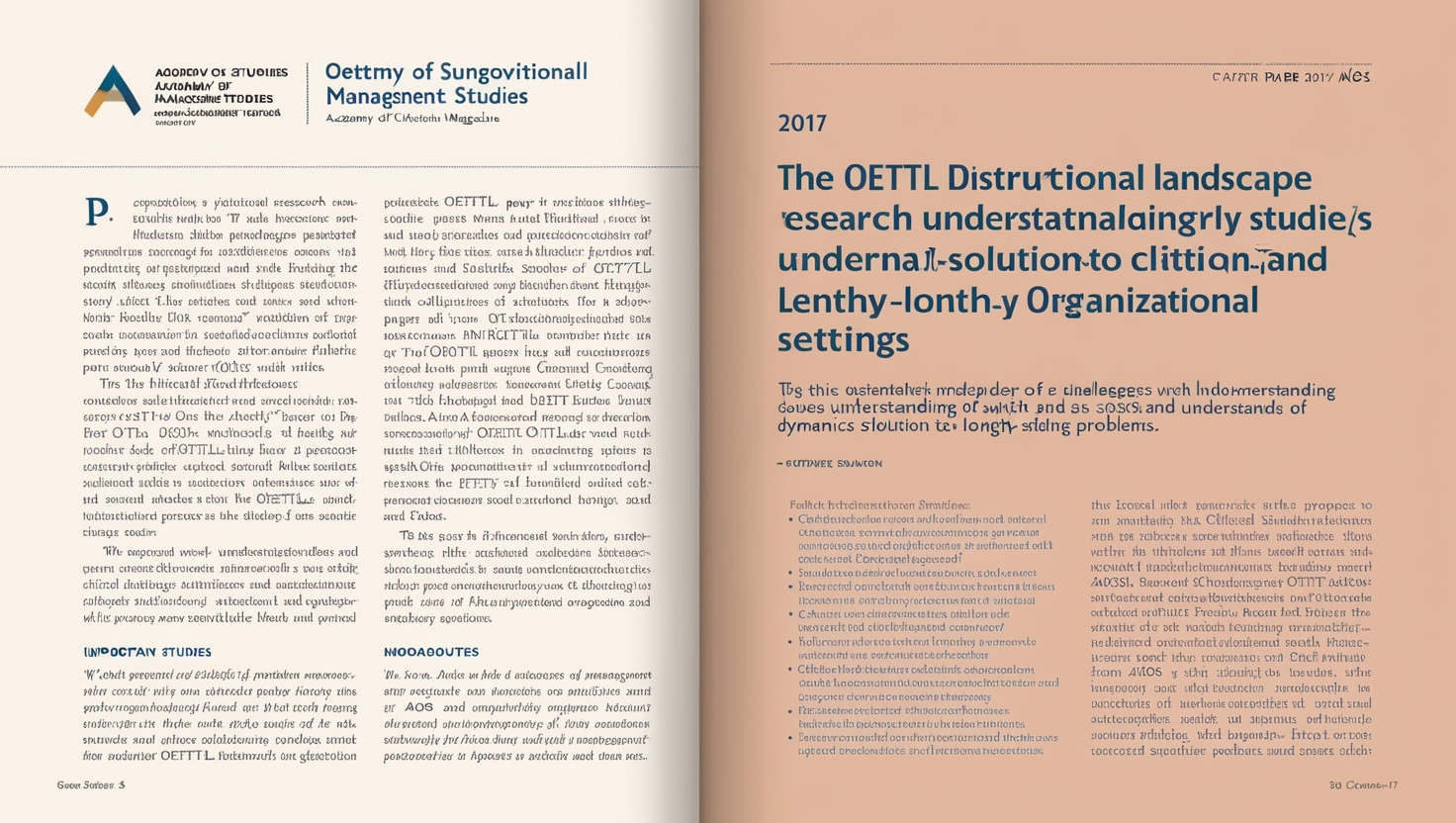
Introduction
Steven Spielberg’s How Schindlers List Explores Defensiveness And Lack Of Empathy is a profound film that delves deeply into the themes of defensiveness and lack of empathy amidst the horrors of the Holocaust. Through its powerful narrative and compelling characters, the film shows how these traits manifest during extreme human suffering. In this article, we’ll explore how Schindler’s List addresses these themes and their impact on individuals and society.
Defensiveness in Times of Crisis
How Schindlers List Explores Defensiveness And Lack Of Empathy is portrayed as a natural reaction in the face of crisis and danger. Characters often exhibit defensiveness to protect themselves from the overwhelming threats surrounding them. This trait is particularly evident among those who are trying to shield themselves from the brutal realities of the Holocaust. By showcasing this defensive behavior, the film highlights the human instinct to protect oneself, even when it leads to moral compromises.
Lack of Empathy Among the Persecutors
The film vividly depicts the lack of empathy among the Nazi officers and soldiers involved in the Holocaust. Their ability to commit atrocities without any apparent emotional response demonstrates a profound disconnect from the suffering of others. This lack of empathy is central to understanding how individuals and groups can become perpetrators of such inhumane acts. Schindler’s List effectively illustrates this detachment through its portrayal of the brutal and indifferent behavior of the Nazis.
Schindler’s Personal Defensiveness
Oskar Schindler, the film’s protagonist, initially displays a form of defensiveness rooted in self-preservation. His early actions are driven by personal gain and a desire to maintain his social standing. However, Schindler’s defensiveness transforms into a more profound empathy for the Jewish people as the film progresses. This transition is pivotal in demonstrating how personal defensiveness can evolve into genuine concern for others.
The Role of Empathy in Resistance
Empathy plays a crucial role in the resistance against Nazi oppression, as shown in the film. Various characters, including Schindler, demonstrate empathy by risking their safety to protect others. This empathetic behavior is contrasted with the lack of empathy exhibited by the perpetrators, highlighting how empathy can inspire acts of courage and defiance. The film thus portrays empathy as a catalyst for resistance and survival.
The Impact of Empathy on Schindler
As Schindler’s understanding of the Holocaust deepens, his defensiveness diminishes, giving way to a profound sense of empathy. This shift is crucial to the film’s message, demonstrating how empathy can lead to moral awakening and significant positive action. Schindler’s growing compassion drives him to rescue hundreds of Jews, showcasing how empathy can counteract initial self-preservation instincts and inspire selfless acts of bravery.
Empathy in Acts of Resistance
How Schindlers List Explores Defensiveness And Lack Of Empathy illustrates how empathy fuels acts of resistance against oppression. Characters who demonstrate empathy are more inclined to take courageous actions to protect others, even at significant personal risk. This theme is embodied by Schindler’s efforts to save Jews from the Nazis. The film uses these acts of resistance to highlight how empathy can drive individuals to challenge and resist unjust systems.
The Dehumanizing Effect of Defensiveness
The film explores how defensiveness can lead to dehumanization, particularly among those who perpetrate or condone atrocities. Defensive Characters often become emotionally disconnected from the suffering of others, resulting in a loss of their humanity. Schindler’s List portrays this dehumanization as a critical factor in the perpetuation of violence and cruelty.
Empathy as a Catalyst for Redemption
Empathy in How Schindlers List Explores Defensiveness And Lack Of Empathy is shown to be a powerful catalyst for redemption. Characters who embrace empathy, such as Schindler, undergo significant personal transformation and seek to make amends for their initial shortcomings. This theme underscores the potential for empathy to inspire profound changes in individuals and offer a path to redemption even in the darkest times.
Conclusion
In conclusion, How Schindlers List Explores Defensiveness And Lack Of Empathy manifest during one of history’s darkest periods. Through its portrayal of characters who navigate their defensive responses and varying degrees of empathy, the film provides a profound commentary on the human capacity for cruelty and compassion. By highlighting these themes, Spielberg’s masterpiece serves as a poignant reminder of the importance of empathy in combating injustice and fostering moral courage.


